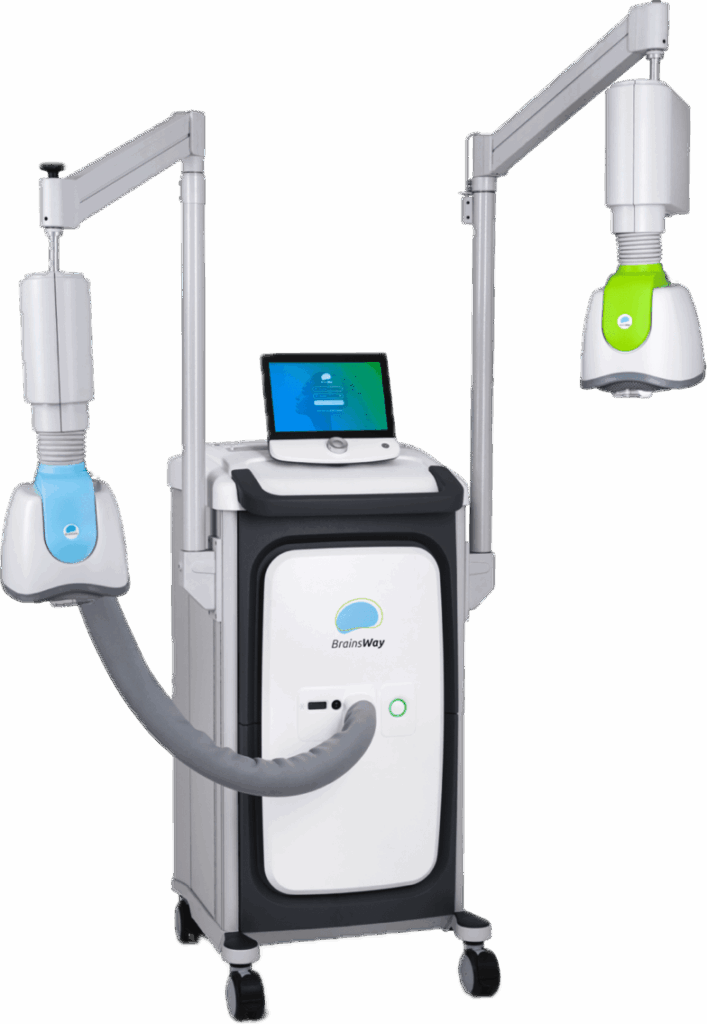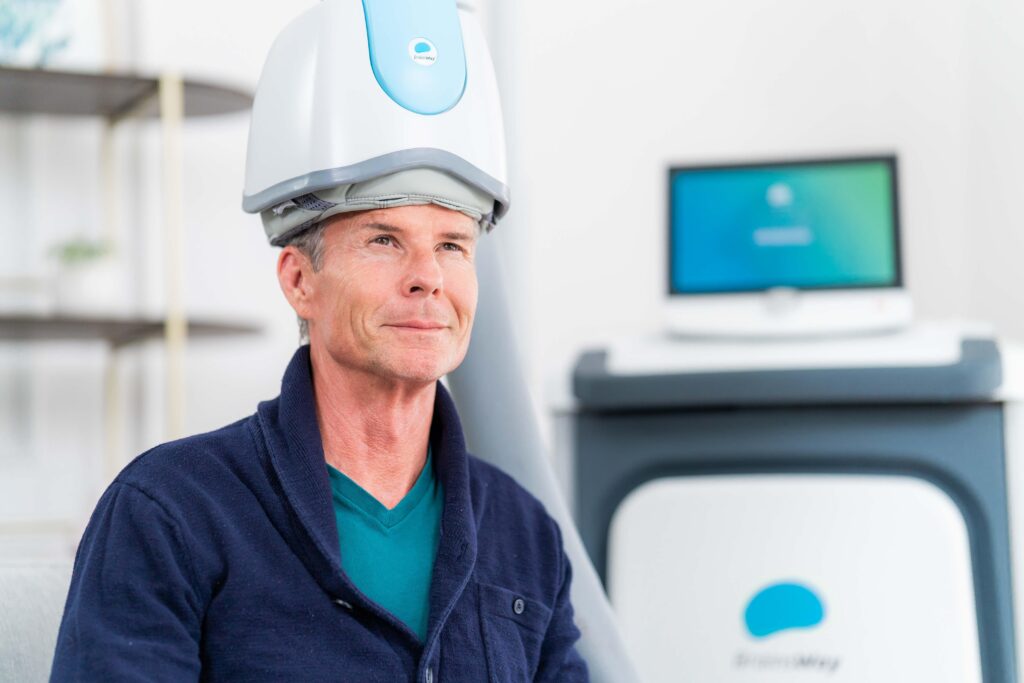








TMS stimulates your brain using cutting-edge neuroscience.

TMS consists of daily, quick, non-invasive sessions.

Treatments are well-tolerated and produce little to no side effects.

TMS is ideal for Medication-Resistant Patients
TMS treatment typically consists of anywhere from 20 to 30 sessions spread out over four-to-six weeks. During this time, patients come in for sessions five times per week and each of these sessions last about 20 minutes.
Depending on the mental health condition being treated, there may be additional maintenance sessions after the initial course of treatment.
Patients typically see results within the first 2-4 weeks of treatment. Some patients may notice improvements sooner, while others may require a few more weeks. The full effect should be felt by the end of treatment, which last 6-8 weeks.

